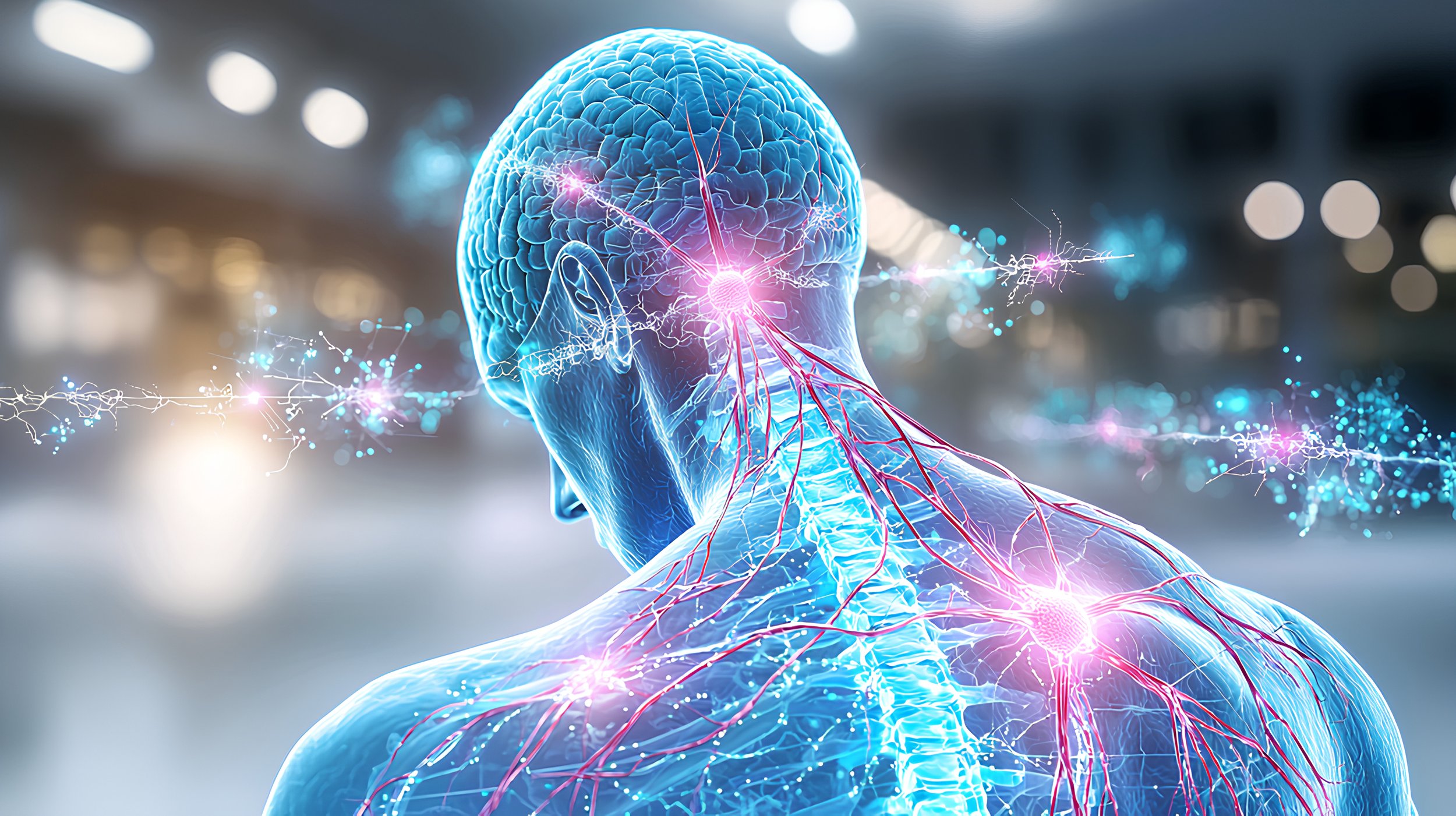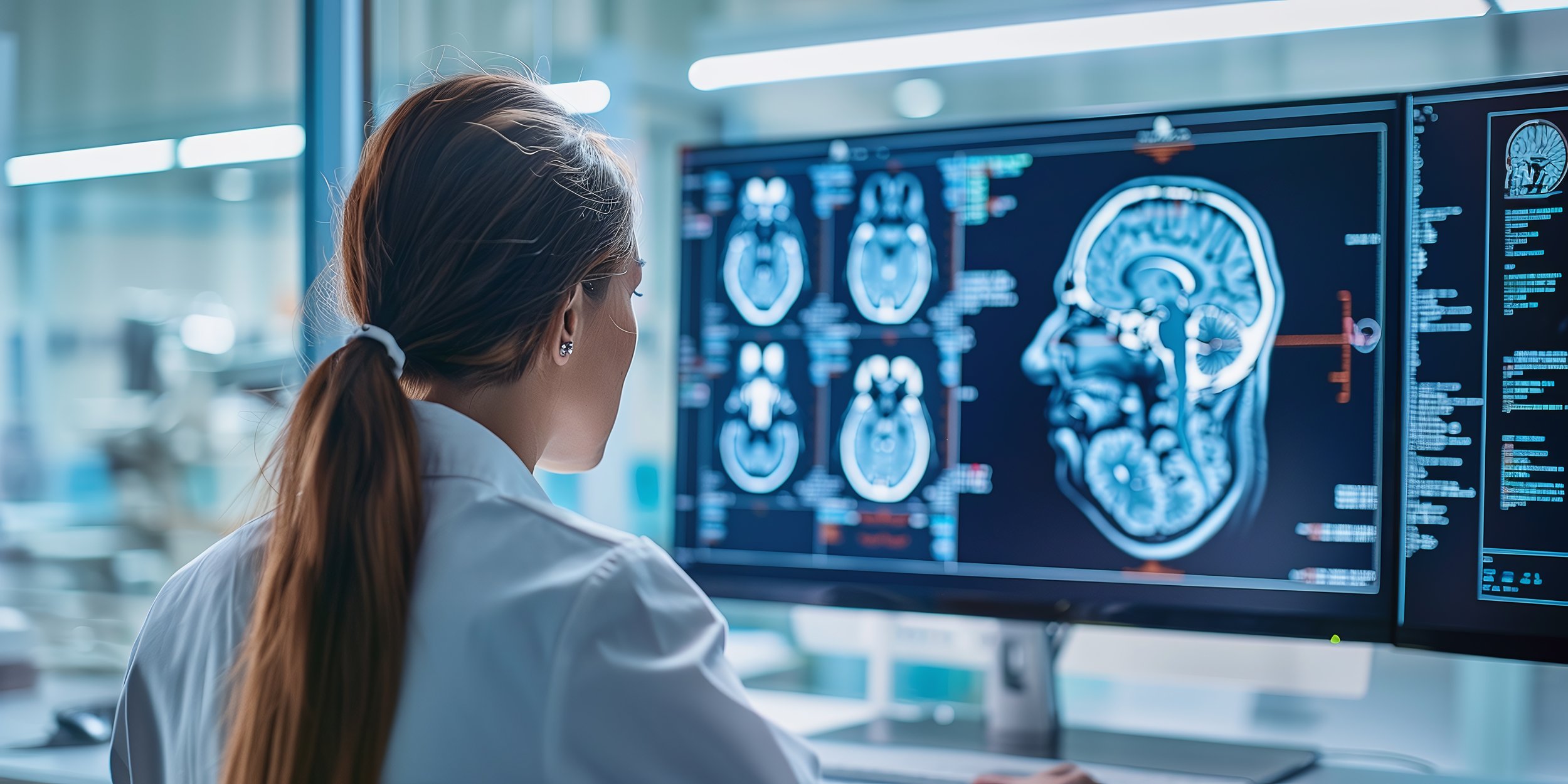
Signs of Neurological Damage After an Auto Accident: When to Seek Help
Auto accidents can be traumatic experiences, often leaving individuals with injuries that are not always immediately apparent. Among the hidden dangers are neurological damages that can significantly impact your quality of life. Understanding the signs of neurological damage and seeking immediate professional help can make a crucial difference in your recovery and save you from future complications. If you have been in a car accident recently, here are the signs you may have neurological damage and need to seek immediate treatment.

Recognizing Neurological Damage
Neurological damage refers to injuries affecting the brain, spinal cord, or nerves. These injuries might not be immediately obvious and can manifest in various ways. Common signs that may indicate neurological damage after an auto accident include:
-
Persistent Headaches: While headaches can be a normal response to stress, persistent or severe headaches after an accident may signal a concussion or other traumatic brain injury.
-
Dizziness and Balance Issues: Feeling lightheaded, dizzy, or experiencing trouble with balance could indicate that your brain or inner ear has been affected.
-
Numbness or Tingling: If you experience unexplained numbness or tingling in your limbs, it might be a sign of nerve damage or a herniated disc affecting the spinal nerves.
-
Cognitive Difficulties: Difficulty concentrating, memory problems, or confusion can be symptoms of brain injury. These cognitive issues may not be immediately noticeable but can worsen over time.
-
Vision or Hearing Changes: Blurred vision, double vision, or changes in hearing can be indicative of neurological damage affecting the sensory pathways.
-
Coordination Problems: Difficulty with coordination or fine motor skills can be a sign of damage to the brain or nervous system.
When to Seek Help
If you experience any of these symptoms after an auto accident, it’s crucial to seek medical evaluation promptly. Early diagnosis and treatment can prevent complications and improve your recovery prospects. Here’s how you can approach seeking help:
-
Consult Your Primary Care Physician: Your first step should be to visit your primary care doctor. They can assess your symptoms, conduct initial tests, and refer you to specialists if needed.
-
Visit a Neurologist: A neurologist specializes in disorders of the nervous system. They can provide a thorough evaluation and recommend appropriate treatments or therapies.
-
Explore Pain Clinics: In Jacksonville, FL, specialized pain clinics can offer comprehensive care for neurological issues. These clinics often have multidisciplinary teams that include neurologists, pain management specialists, and physical therapists. They can help with diagnosis, pain management, and rehabilitation strategies tailored to your specific needs.
-
Consider Physical Therapy: If your symptoms involve coordination or mobility issues, physical therapy might be recommended. A physical therapist can help you regain strength and improve function through targeted exercises and therapies.
-
Follow Up Regularly: Neurological symptoms can evolve, so regular follow-ups with your healthcare providers are essential to monitor your condition and adjust treatment as necessary.

Common Treatments
1. Medications: Treating neurological damages involves a variety of Medications to target specific symptoms and underlying issues. For instance, anti-seizure drugs like phenytoin or levetiracetam help control epileptic seizures by stabilizing electrical activity in the brain. Corticosteroids, such as prednisone, reduce inflammation and swelling in conditions like multiple sclerosis or acute brain injuries. In cases where neurological damage affects mood, antidepressants like sertraline or selective serotonin reuptake inhibitors (SSRIs) may be prescribed to address depression and anxiety.
2. Physical Therapy: Focuses on improving physical function and mobility by incorporating tailored exercises that enhance muscle strength, coordination, and balance. For example, patients with stroke-related motor impairments may engage in activities designed to improve limb movement and walking ability. Physical therapists use various techniques, including gait training, strength building, and flexibility exercises, to help patients regain independence and improve their quality of life.
3. Neuropsychological Rehabilitation: Targets cognitive and emotional challenges stemming from neurological damage. This approach involves working with neuropsychologists to address issues like memory loss, attention deficits, and problem-solving difficulties. Rehabilitation may include cognitive training exercises designed to improve specific mental functions, addresses emotional well-being, and help patients cope with changes in cognitive function to regain a sense of normalcy.
4. Surgery: Surgery may be necessary for certain neurological conditions to address underlying issues that medication alone cannot resolve. For instance, surgery might be performed to remove brain tumors, alleviate pressure from a herniated disc, or repair damaged blood vessels in the brain. In cases of severe trauma or brain injury, surgical interventions may be used to remove hematomas or damaged tissue. Surgeons work closely with neurologists and other specialists to ensure the best possible outcome and minimize risks.
Visit North Florida Medical Centers Today
If you are experiencing neurological damage following a car accident, visit North Florida Medical Centers Today. Our team of experienced neurologists and pain management specialists provide you comprehensive assessments to accurately diagnose your condition and create a treatment plan tailored to your condition. Additionally, we will refer you to other specialists when needed. No matter the extent of your injuries, we will navigate every step of the process with you. For those in Jacksonville, FL, North Florida Medical Centers represents a valuable resource for navigating the path to recovery from neurological damage, offering expert care and a supportive environment for optimal healing.